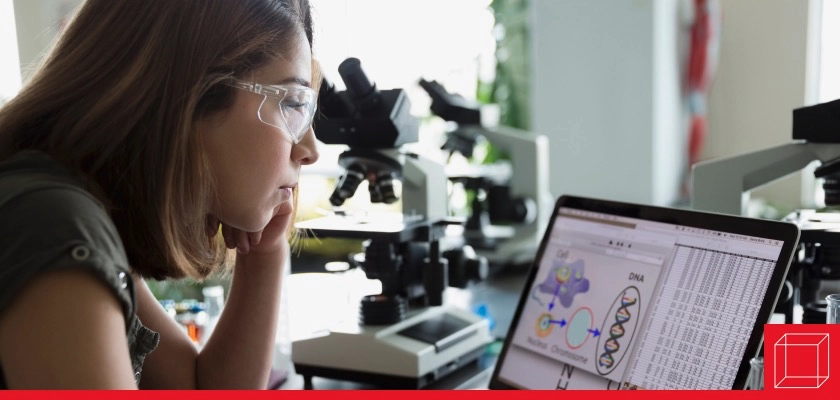How to Effectively Facilitate Your Online Course to Drive Student Engagement | Elisabeth Peters
We interviewed the University of North Carolina Wilmington mathematics instructor, Elisabeth Peters about building student engagement in online math courses.

We interviewed the University of North Carolina Wilmington mathematics instructor, Elisabeth Peters about building student engagement in online math courses.
How would you recommend a new faculty member get started?
“The primary way I engage with students is through ALEKS reports and insights. There are lots of different reports/insights. To get started, pick one or two that you check regularly to see changes and mark students’ progress. Then as you feel more familiar, add more reports. A good place to start would be checking the new insights available each Sunday to engage individual students and checking the ALEKS pie report prior to virtual instruction for an overall class perspective. Once you feel comfortable with these reports, you can explore the progress and time & topic reports, as well as time goals.”
What are some of the standards you need to keep in mind?
“Consistent feedback and communication drive student engagement. When they know you care, they will engage.”
What specific ALEKS tools would you recommend using?
"Student engagement in an online course can be challenging, but in ALEKS, I use time goals and reports to drive engagement.
To encourage students to actively engage in the material prior to the due date, I set time goals midway between an objective’s open and close date. I have found time goals keep students from waiting to work on an assignment at the last minute. Getting in the material earlier prompts questions earlier, increases productivity, and decreases frustration.
To increase communication with students, I utilize the reports features to check-in on student progress. I love the progress, time and topic, and insights. I can engage with students who have “failed topics” in their homework to help with remediation. I can also determine students who are a bit behind in their current assignment using the progress report. For individual office hour appointments, I often use the time and topic report to look at problems students had questions about in the past or discuss study habits."
Which ALEKS report do you use most often?
“The report that I use most often is the time and topic report. This report gives me so much information and makes one-on-one appointments with students more efficient and effective.”


